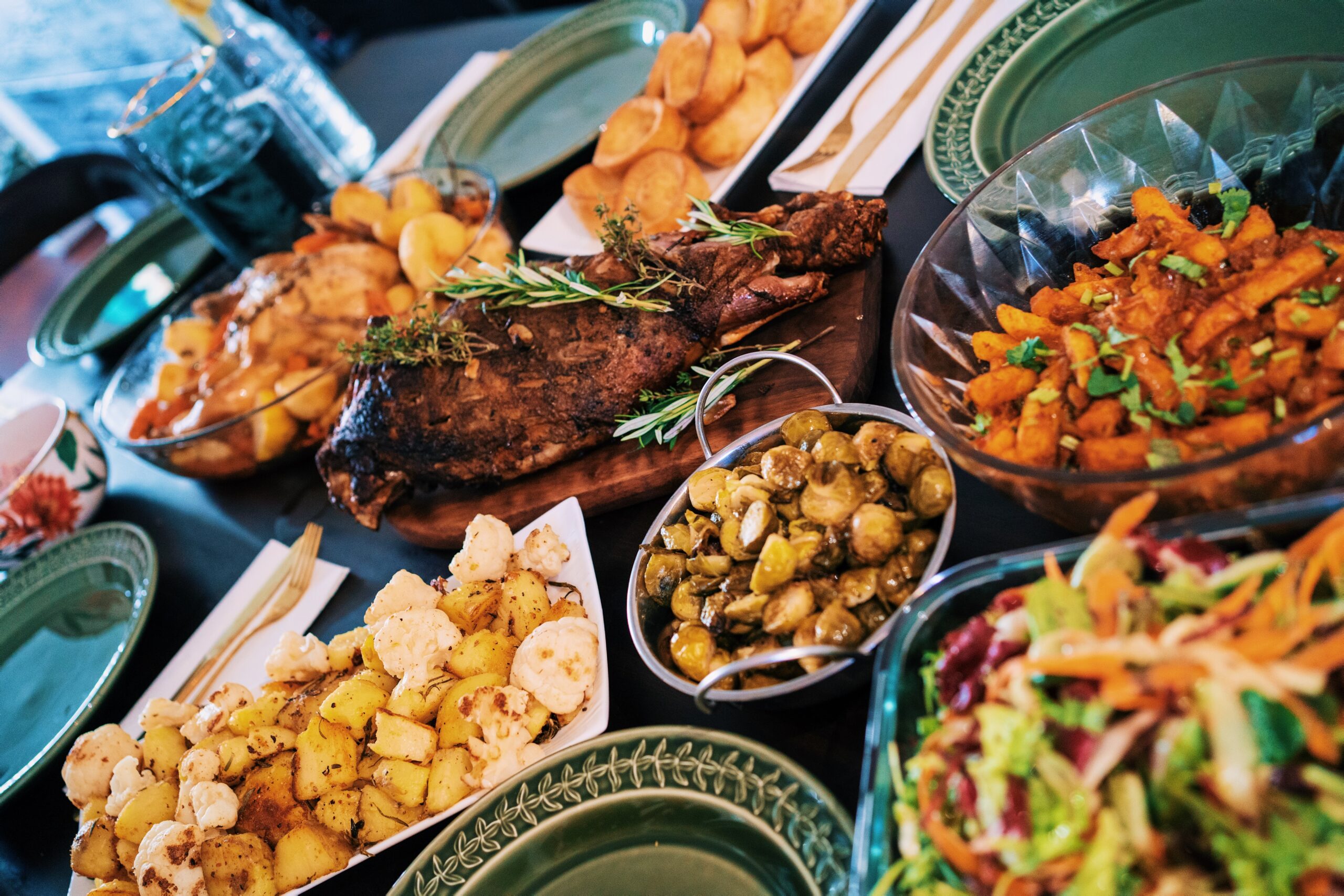We continue our study of the book of John. Chapter 2 has many passages that have been misunderstood and misconstrued by the religious world, but what is the truth? Rather than looking at what you or I think, let’s see what the Bible says.
THE WEDDING FEAST AT CANA (V. 1-11).
Wedding celebrations are a joyous occasion. In our culture, they are mostly a one-day event, but in Jesus’ day, and in some cultures even today, weddings can be many days long. Involved in this process would be many feasts. At one particular feast in the celebration highlighted in John 2, adequate supplies were not purchased for all the attendees.
Unfortunately, some have used this first miracle as performed by Jesus to promote the agenda of social drinking. Some think that because the word “wine” is used in the King James Version of the Bible, Jesus must have provided an alcoholic, fermented beverage for the guests of the wedding. Of the 19 words translated “wine” in the KJV, only 6 have the possibility of meaning fermented, alcoholic wine, and only 4 of those must be translated as such. The word that is used in John 2, oinos, can mean either fermented or unfermented, so we must at least consider both possibilities for the sake of argument.
Possibility 1- “Jesus provided alcoholic wine for the wedding guests.” If this were the case, Jesus would have violated God’s Law. Consider just two verses from the Old Testament, the law which was in effect at the time: “Look not thou upon the wine when it is red, when it giveth his colour in the cup, when it moveth itself aright. At the last it biteth like a serpent, and stingeth like an adder (Pro. 23:31-32).” “Woe unto him that giveth his neighbour drink, that puttest thy bottle to him, and makest him drunken also, that thou mayest look on their nakedness! (Hab. 2:15).” Had Jesus provided the wedding guests with alcoholic, fermented wine, He would’ve sinned, and caused others to sin, meaning that we would not have a Savior.
Possibility 2- “Jesus provided non-alcoholic wine for the wedding guests.” Biblically, this must be the case. Even though the word “wine” is used, Jesus would not have sinned, providing the people with intoxicating wine. Even though the phrase “well drunk” is used, it does not necessarily mean that they were intoxicated. In fact, the word translated “well drunk”, methuo, can also be understood to mean full or satisfied. The beverage which Jesus made was of better quality than the previous beverage, making the host question why this better beverage was kept until after most had finished their meal.
JESUS CLEANSES THE TEMPLE (V. 12-25).
As the New Testament tells us so many times, the Jews of Jesus’ day had corrupted the Old Testament law. They tried to do things their own way, rather than serving God as He had commanded. The money changers were taking advantage of vulnerable people, and Jesus would not stand for it. After He had driven out the money changers, Jesus then gives a prophecy of His death, burial, and resurrection, which puzzled the Jews because of their physical mindsets. May we never become complacent with disobedience, even if it is popular.


